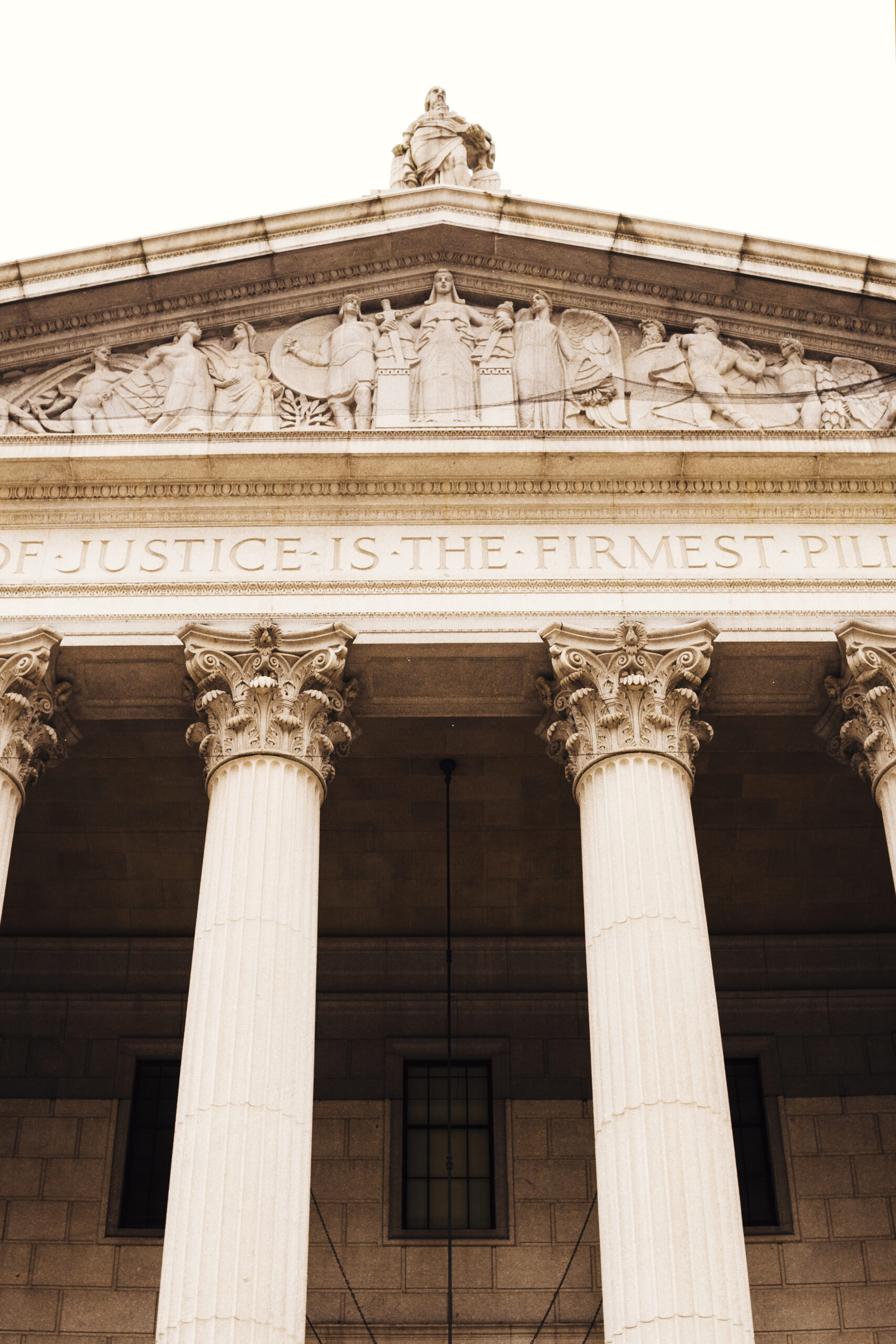table of contents
Share This Story, Choose Your Platform!
n any business or legal relationship, disputes can arise. However, not all conflicts must go directly to court. One of the most important steps before initiating legal proceedings is sending a legal notice, commonly known in Indonesia as a “somasi.”
In this article, we’ll explore what a legal notice is, its function in Indonesian law, how and when to issue one, and what to consider before taking this crucial step.
What Is a Legal Notice (Somasi)?
A legal notice (somasi) is a formal written warning from one party to another, demanding the fulfillment of a legal obligation or the cessation of a harmful act. It serves as a final opportunity to resolve a dispute without going to court.
Key Characteristics
In Indonesian Law
Legal notices are not mandatory in all cases, but they are commonly used in civil matters (e.g., breach of contract, unpaid debts, or disputes over land/property). Under Article 1238 of the Indonesian Civil Code, somasi is often required to legally establish default (wanprestasi).

When Should You Use a Legal Notice?
Sending a legal notice, or somasi, is a strategic step used to formally assert your rights and give the opposing party a final opportunity to respond or take corrective action before initiating legal proceedings. It is especially appropriate in situations where communication has failed, obligations are unfulfilled, or legal violations have occurred.
You should consider sending a somasi when:
What Should Be Included in a Legal Notice?
An effective somasi must be:
- Clear: Identify the sender, recipient, and the dispute.
- Factual: Include relevant facts, timelines, and evidence.
- Legal: Cite applicable laws or contract provisions.
- Firm: State your demands and a deadline (usually 7–14 working days).
- Documented: Proof of delivery is essential for legal use later.

Is a Legal Notice Legally Binding?
A somasi itself is not a court order, but it:
- Forms part of evidence in future legal proceedings.
- Strengthens your position by showing good faith efforts.
- Can trigger settlement or negotiation before trial.
Courts may look favorably on parties who attempted resolution first.
What Happens If the Other Party Ignores It?
If the recipient fails to respond or resolve the issue within the deadline:
- You may proceed to file a lawsuit or arbitration.
- The somasi will support your claim of “default” or “bad faith.”
- You can claim compensation or specific performance depending on the case.

Should I Hire a Lawyer to Draft a Legal Notice?
Yes—while anyone can technically send a somasi, a notice issued by a licensed lawyer:
- Has greater legal weight and formality
- Is more likely to be taken seriously
- Is carefully drafted to avoid self-incrimination
- Reflects accurate legal grounds and strategy
A poorly worded somasi may weaken your case.
Key Points
What
Legal notice (somasi) is a formal written warning demanding legal compliance
When
Breach of contract, unpaid debt, IP infringement, pre-litigation
Why
To resolve disputes without litigation, or prepare legal ground for court
Who
Individuals, businesses, or lawyers on behalf of a client
How
Via registered mail, email, or courier—with proper documentation
At AUFAR & Co Law Office, we assist individuals and businesses in:
- Drafting and sending formal legal notices
- Reviewing legal disputes and advising on next steps
- Representing you in negotiations and court proceedings
- Preventing legal escalation through strategic legal communication
Ready to Send a Legal Notice?
Need help drafting a legally sound somasi?
Let our legal team protect your rights—before the damage is done.




